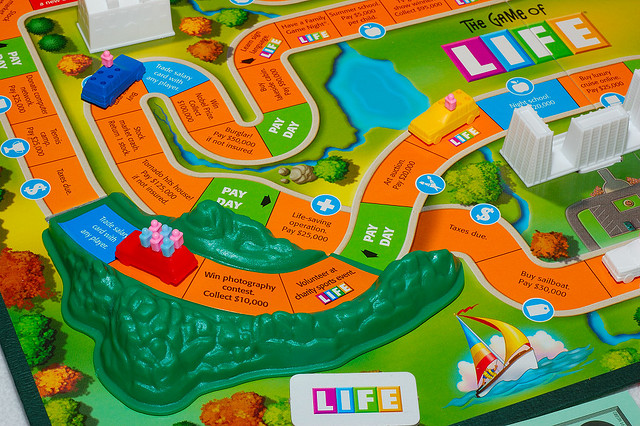Two weeks ago we talked about supply and demand. Whenever you buy something (playing a role in demand), you give up the opportunity to buy something else. Alternatively, whenever you decide to do something with your time (such as watch a movie), you forgo the opportunity to do something else (such as finish your homework). Whether the alternative option has a monetary value or not, there is a cost to not choosing that option. This is referred to as opportunity cost.

Here’s an example from Investopedia: “The opportunity cost of going to college is the money you would have earned if you worked instead. On the one hand, you lose four years of salary while getting your degree; on the other hand, you hope to earn more during your career, thanks to your education, to offset the lost wages.”
You have to think about which option may give you the greatest amount of benefit in the long-term. If you hadn’t gone to college, maybe you could be making $20,000 a year right now rather than spending almost that much on tuition. However, when you leave college you may find a job that pays you $40,000 a year. That’s twice as much as you would be making if you had not gone to college! Whenever you choose to purchase (or not purchase) something, you are making a choice that has an effect on the economy.
If you’re still feeling unsure about what opportunity cost is, check out this podcast from the St. Louis Federal Reserve’s Economic Lowdown site. Or try playing the Game of Life, available in Andersen Library’s Teaching Tools Collection on the main floor.
